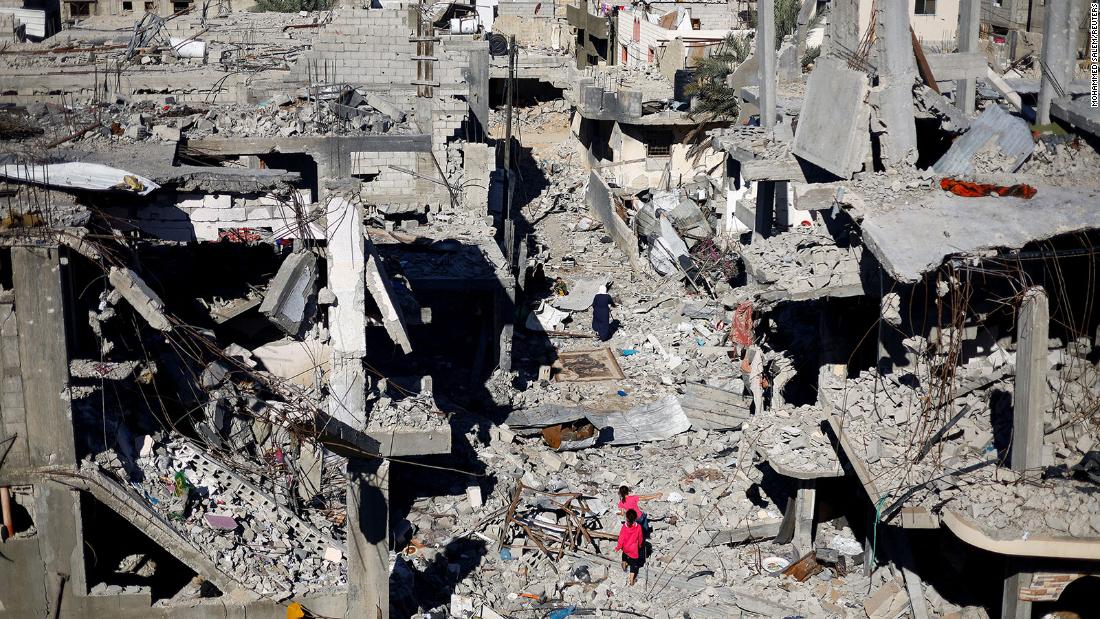Extending Israel’s ceasefire with Hamas each day saves lives.
A second one-day extension of the truce began on Thursday, but it also intensifies moral, political, and military dilemmas that will arise when full-scale hostilities inevitably resume. There are apparent strategic and humanitarian differences of emphasis between US President Joe Biden’s administration and the Israeli government.
The truce has been surprisingly successful, despite Israel and Hamas seeking each other’s elimination. There’s an unmistakable sense of an approaching fateful moment when Israel will decide how long it can hold off its military offensive.
Will Israel heed US pleas for a more surgical approach? Israel’s initial assault on Hamas led to huge civilian casualties, putting political pressure on President Joe Biden. US officials, including Biden, want Israel to be more cautious, careful, deliberate, and precise in their targeting.
The prospect of a second-wave Israeli offensive against Hamas strongholds poses a threat to the relationship between Washington and Israeli Prime Minister Benjamin Netanyahu’s government and military leaders. The US has expressed concern over a repeat of airstrikes that caused massive devastation and civilian casualties.
Israel’s moral and military dilemmas: The Israeli government is being pulled in two directions – the desire to secure hostages’ release and the incentive to press on with its military operation after a pause that allowed Hamas to regroup.
Prime Minister Netanyahu faces growing political pressures from hostage families and right-wing coalition members advocating for harsh action. Additionally, there’s a growing possibility of a clash between Israel’s targeting of Hamas and US concerns over civilian casualties.
Read more in Collinson’s analysis of US-Israeli wartime relations.


